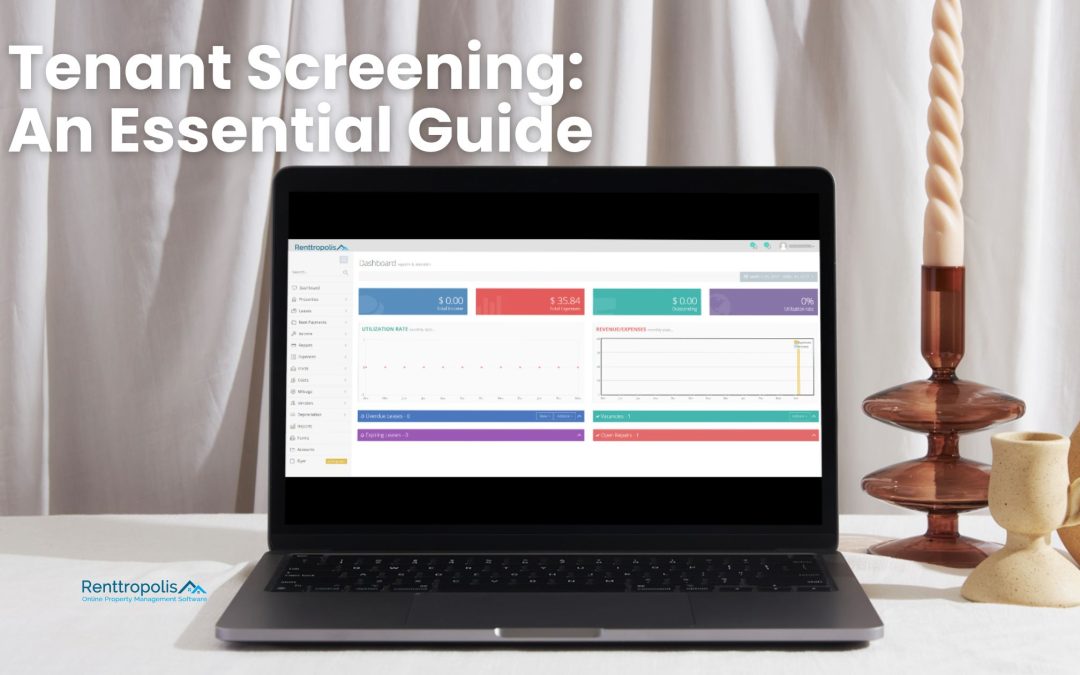Tenant screening is a critical process undertaken by property managers to evaluate prospective tenants. The primary goal is to determine if the applicant is likely to be a reliable and responsible tenant. By thoroughly vetting potential renters, property managers can reduce the risk of problematic tenancies, such as late payments, property damage, or violations of the lease agreement. Here’s a breakdown of what tenant screening typically involves:
- Rental Application:
The process begins with the prospective tenant filling out a rental application. This form usually requests basic information such as the applicant’s name, current address, employment details, and rental history. - Credit Check:
A credit check provides insights into the applicant’s financial responsibility. It reveals their credit score, outstanding debts, payment history, and any bankruptcies or financial red flags. A good credit score often indicates that the applicant has a history of paying their bills on time. - Criminal Background Check:
This check helps landlords determine if the applicant has a criminal history. While it’s essential to avoid discrimination, landlords have a right to ensure their property’s and other tenants’ safety. - Rental History:
By contacting previous landlords or property managers, one can get a sense of the applicant’s behavior as a tenant. Were they punctual with rent? Did they maintain the property? Were there any significant issues or disputes? - Employment Verification:
This step confirms the applicant’s current employment status and income. A stable job and sufficient income are good indicators that the tenant will be able to afford the rent. - Personal References:
Some landlords ask for personal references to get a broader understanding of the applicant’s character and reliability. - Interview:
A face-to-face or virtual meeting can give landlords a chance to ask further questions and gauge the potential tenant’s suitability.
Legal Considerations
It’s crucial to be aware of federal, state, and local laws regarding tenant screening. The Fair Housing Act prohibits discrimination based on race, color, national origin, religion, sex, familial status, or disability. The Fair Credit Reporting Act also dictates how landlords can use an applicant’s credit information.
Benefits of Tenant Screening
Risk Reduction: Proper screening minimizes the chances of renting to someone who might default on payments or damage the property.
Stable Income: Landlords can ensure a consistent rental income by selecting reliable tenants.
Peace of Mind: Knowing that you’ve thoroughly vetted your tenants can provide peace of mind and confidence in your leasing decisions.
Tenant screening is an indispensable tool for property managers to undertake on behalf of their owners to protect their investment and ensure a harmonious relationship. A comprehensive and fair screening process is the foundation for a successful and stress-free tenancy.
Log in to your Renttropolis account today to start the process.


